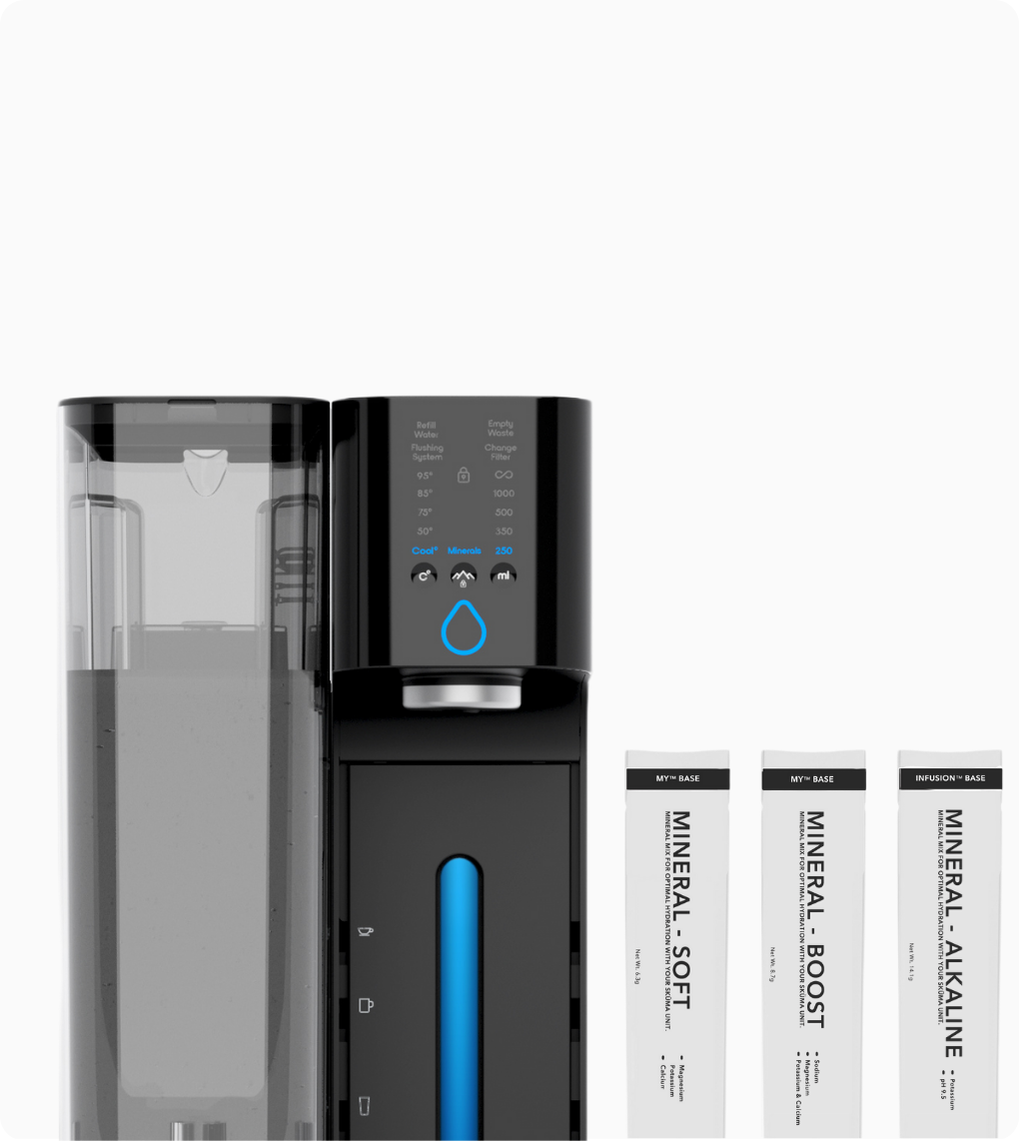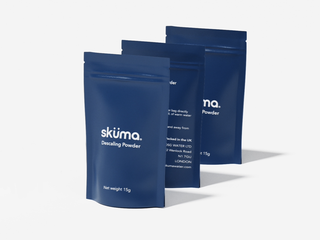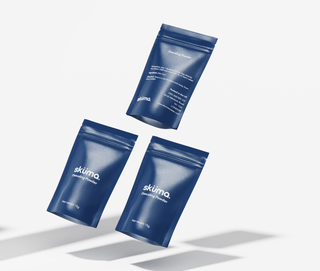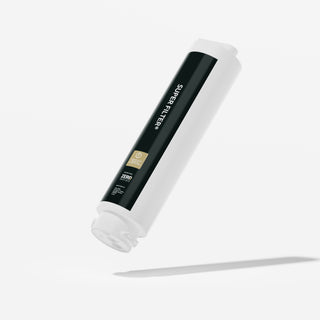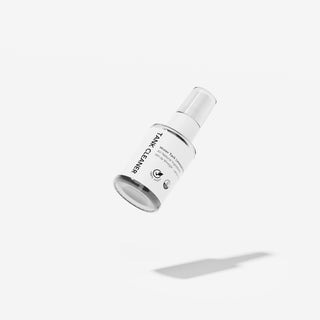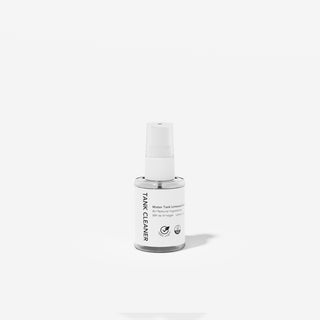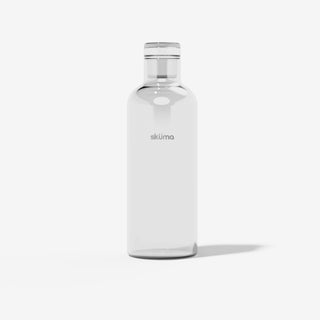How to optimise your morning hours for peak performance, health, and hydration.
The first hours of your day set the tone for everything that follows. While most people stumble through their mornings in a caffeine-fuelled haze, science reveals that what you do before 9AM can dramatically impact your energy, focus, metabolism, and overall wellbeing.
Why Your Morning Routine Matters
Your body operates on a sophisticated internal clock called the circadian rhythm, which governs everything from hormone production to metabolism. Research published in Endocrine Reviews demonstrates that this 24-hour biological cycle is crucial for optimising behaviour and physiology. The morning hours are particularly powerful because cortisol levels naturally peak, your mind is clearest, and growth hormone production is still elevated from overnight sleep.
The Foundation: Start with Hydration
The Science: After 6-8 hours without fluid intake, your body wakes up in a state of mild dehydration. Studies show that even 2% fluid loss can impair concentration, memory, and critical thinking. Your brain, which is approximately 75% water, particularly suffers from overnight dehydration.
The Sküma Solution: Begin your day with 470-590ml of pure, filtered water immediately upon waking - before coffee, before checking your phone, before anything else.
Why This Works:
- Metabolic Boost: Research indicates that drinking water first thing can boost metabolism by up to 24% for 90 minutes
- Cognitive Enhancement: Rehydrating your brain sharpens focus, clears mental fog, and improves performance throughout the day
- Digestive Optimisation: Morning hydration jumpstarts your digestive system and helps flush out overnight toxins
The Complete Pre-9AM Routine: Five Science-Backed Steps
1. Hydrate Immediately
The Practice: Drink 470-590ml of filtered water within minutes of waking
The Sküma Advantage: Pure, contaminant-free water ensures optimal cellular hydration without unwanted chemicals or pollutants
2. Get Light Exposure and Move
The Practice: Spend 10-15 minutes getting natural light combined with gentle movement
The Science: Light exposure helps regulate circadian rhythms by suppressing melatonin and triggering cortisol release, improving sleep quality and energy levels throughout the day
3. Practice Mindfulness
The Practice: 5-10 minutes of meditation, deep breathing, or gratitude journaling
The Science: Morning mindfulness reduces cortisol levels, improves emotional regulation, and enhances focus. Studies show even brief meditation increases gray matter density in areas associated with learning and memory
4. Time Your Caffeine Strategically
The Practice: Delay caffeine intake for 60-90 minutes after waking
The Science: Your natural cortisol peak occurs within the first hour of waking. Consuming caffeine during this window interferes with natural energy production and creates afternoon crashes
The Sküma Connection: Use this window for additional hydration - drink another 240-300ml of pure water before your first cup of coffee.
5. Fuel with Protein
The Practice: Consume 20-30 grams of high-quality protein within two hours of waking
The Science: Morning protein helps stabilise blood sugar, supports muscle protein synthesis, and increases satiety throughout the day
Common Morning Mistakes That Sabotage Your Day
- Checking your phone immediately: Blue light exposure disrupts your natural cortisol awakening response
- Skipping hydration for coffee: Starting with caffeine on a dehydrated system increases jitters and crashes
- Inconsistent wake times: Irregular schedules disrupt circadian rhythms
- Ignoring water quality: Poor-quality water introduces contaminants that burden your system
The Skuma Difference: Why Water Quality Matters
Not all water is created equal for jumpstarting your day. Skuma's advanced purification technology ensures your morning hydration provides:
- Pure cellular hydration: Free from chlorine, fluoride, and chemicals that interfere with cellular function
- Optimal pH balance: Supporting your body's natural alkaline state after overnight acidification
- Enhanced absorption: Without contaminants, your body utilises water more efficiently
- Consistent quality: Every glass provides the same pure, clean hydration your body needs
Making It Sustainable
Research shows it takes approximately 21 days to form a new habit. Start with hydration and light exposure in week one, add mindfulness and movement in week two, then incorporate strategic nutrition and caffeine timing in week three.
Track Your Success
Monitor these key indicators:
- Sustained energy without afternoon crashes
- Improved focus and decision-making
- Better sleep quality
- Clear urine and reduced thirst throughout the day
- Greater emotional stability and positive outlook
Ready to Transform Your Mornings?
The science is clear: what you do in the first hours of your day profoundly impacts everything that follows. Start with the foundation - pure, clean hydration and build from there.
You can check out the Sküma starter packs here.
Citations:
- Patke, A., Young, M. W., & Axelrod, S. (2020). Molecular mechanisms and physiological importance of circadian rhythms. Nature Reviews Molecular Cell Biology, 21(2), 67-84.
- Bass, J., & Lazar, M. A. (2016). Circadian time signatures of fitness and disease. Science, 354(6315), 994-999.
- Ganio, M. S., et al. (2011). Mild dehydration impairs cognitive performance and mood of men. British Journal of Nutrition, 106(10), 1535-1543.
- Armstrong, L. E., et al. (2012). Mild dehydration affects mood in healthy young women. Journal of Nutrition, 142(2), 382-388.
- Boschmann, M., et al. (2003). Water-induced thermogenesis. Journal of Clinical Endocrinology & Metabolism, 88(12), 6015-6019.
- Dennis, E. A., et al. (2010). Water consumption increases weight loss during a hypocaloric diet intervention in middle-aged and older adults. Obesity, 18(2), 300-307.
- Zeitzer, J. M., et al. (2000). Sensitivity of the human circadian pacemaker to nocturnal light. Journal of Clinical Endocrinology & Metabolism, 85(5), 2082-2087.
- Reid, K. J., et al. (2014). Timing and intensity of light correlate with body weight in adults. PLoS One, 9(4), e92251.
- Goyal, M., et al. (2014). Meditation programs for psychological stress and well-being: a systematic review and meta-analysis. JAMA Internal Medicine, 174(3), 357-368.
- Hölzel, B. K., et al. (2011). Mindfulness practice leads to increases in regional brain gray matter density. Psychiatry Research: Neuroimaging, 191(1), 36-43.
- Klevebrant, L., & Frick, A. (2022). Effects of caffeine on anxiety and panic attacks in patients with panic disorder: A systematic review and meta-analysis. General Hospital Psychiatry, 74, 22-31.
- Lovato, N., & Lack, L. (2010). The effects of napping on cognitive functioning. Progress in Brain Research, 185, 155-166.
- Paoli, A., et al. (2019). The influence of meal frequency and timing on health in humans: the role of fasting. Nutrients, 11(4), 719.
- Hoertel, H. A., Will, M. J., & Leidy, H. J. (2014). A randomized crossover study examining the effects of milk protein consumed at breakfast on the afternoon appetite and energy intake of young women. British Journal of Nutrition, 112(9), 1429-1438.
- Morris, C. J., et al. (2016). Endogenous circadian system and circadian misalignment impact glucose tolerance via separate mechanisms in humans. Proceedings of the National Academy of Sciences, 113(12), E1627-E1636.


